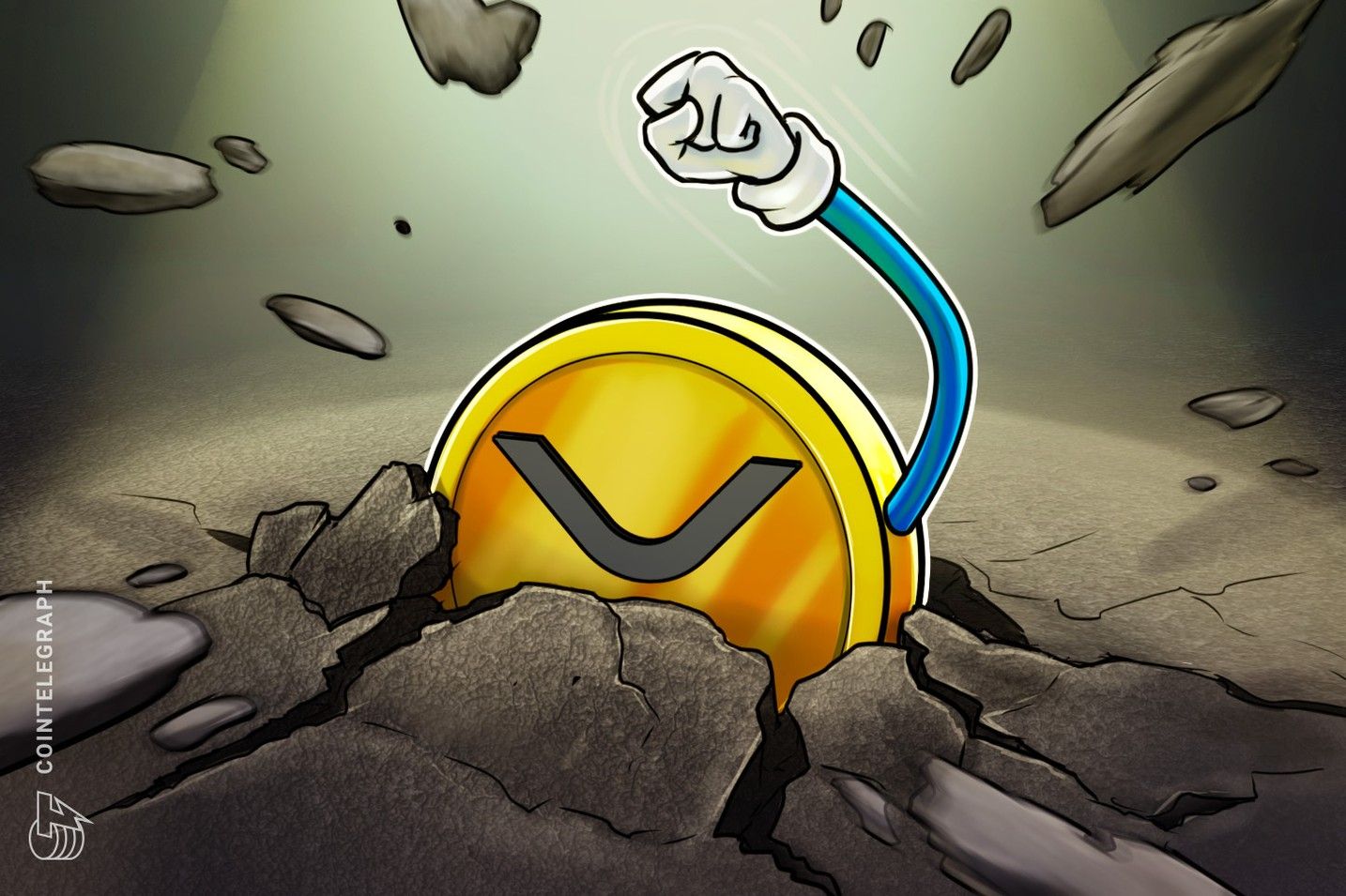Chainlink introduces new pricing methodology for DEX-traded assets
Chainlink has announced a new pricing methodology purpose-built to offer reliable pricing for cryptocurrency and tokenized assets primarily traded on decentralized exchanges.
- Chainlink has introduced State Pricing, a new asset pricing solution for assets primarily traded on decentralized exchanges.
- Initial support includes for assets such as Lido’s wrapped staked Ethereum and Coinbase wrapped Bitcoin.
An announcement Chainlink ( LINK ) shared on August 1 states that Chainlink State Pricing targets assets that show limited trading volumes on centralized exchanges, but have robust liquidity onchain.
The new solution, accessible on the Chainlink mainnet via the platform’s Data Feeds and Data Streams features, allows for assessment of an asset’s price accuracy, market resilience, and liquidity. This is set to benefit developers seeking more choice and flexibility in pricing onchain assets.
What’s state price?
An asset’s state price refers to the price determined by the liquidity reserves in onchain DEX liquidity pools. This price “always exists,” enabling the continuous pricing of assets that are traded less frequently and offering resistance to flash loan attacks.
“The state price is similar to the mid-price of an order book (as long as the order book exists) and is calculated based on the token reserves within selected, high-liquidity DEX pools,” Chainlink wrote.
Supported assets
Initially, Chainlink will support assets such as wrapped stETH (wstETH), Aave stablecoin GHO, and Coinbase wrapped Bitcoin (cbBTC). The solution is expected to expand in the coming months to cover additional crypto and tokenized assets, blockchains, and DEX protocols.
Decentralized finance protocols that have integrated Chainlink State Pricing include Aave, Curve, Lido, and GMX.
“With State Pricing, Chainlink shows once again its commitment to continuously improving the pricing algorithms of assets, along with the infrastructure to deliver them onchain—enabling Aave to support a wider range of natively DEX-traded assets with the high standard of security and reliability the protocol is known for,” said Ernesto Boado, co-founder of BGD Labs, a core contributor to Aave.
The new feature adds to Chainlink’s current pricing methodologies such as volume-weighted average pricing and liquidity-weighted bid/ask pricing. Developers can access Chainlink State Pricing via data feeds as a push-based oracle solution, or through data streams as a pull-based oracle solution.
Disclaimer: The content of this article solely reflects the author's opinion and does not represent the platform in any capacity. This article is not intended to serve as a reference for making investment decisions.
You may also like

Bitcoin ’rallies are for selling‘: Top 3 arguments from BTC market bears

XRP bulls grow louder: What will spark the breakout toward $2.65?

Bitcoin gives up $90K at US open as two-week exchange outflows near 35K BTC

